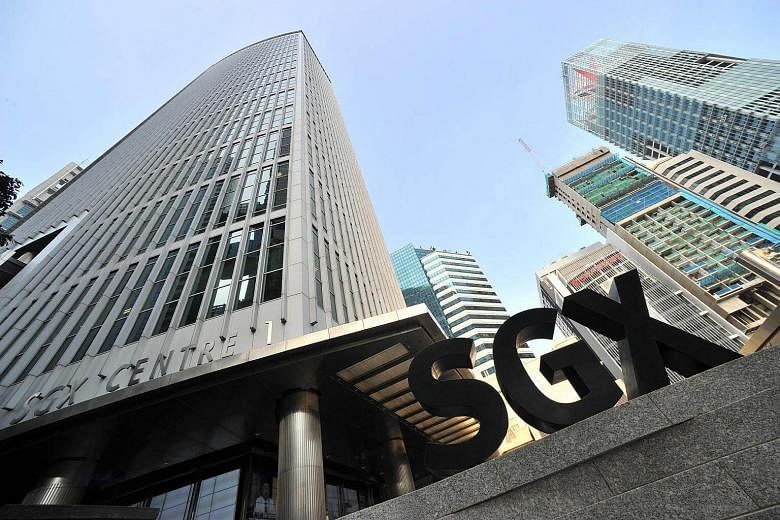The debt market in Singapore is being spiced up with so-called "masala bonds" - rupee-denominated bonds raised outside India.
As masala bonds begin to make a splash, the Singapore Exchange (SGX) is well on track to becoming the go-to global hub for issuers.
In the past two months alone, it has hosted three issuances in quick succession.
Power transmission firm Adani Transmission led the way with a 5 billion rupee (S$102 million), 9.1 per cent senior secured note issue due 2021. This was followed by a 20 billion rupee, 7.375 per cent issue due 2021 by domestic energy giant NTPC. The third was a 13.3 billion rupee, 8.567 per cent issue due 2019 by mortgage lender Indiabulls Housing Finance.
These made up some 60 per cent of global masala bond issuances since last year, making the SGX Asia's masala bond hub, SGX president Muthukrishnan Ramaswami said yesterday. "We have ambitions to be the home for masala bonds globally," he said.
"The growth of the masala bond market partly reflects India as the fastest-growing large economy at the moment, and the interest in investments in India is pretty high.
"However, India still requires a large amount of capital to fund its growth, and its infrastructure financing needs are well recognised across both the public and private sectors."
To plug the gap, the Reserve Bank of India has been gradually laying down the framework for masala bonds since last September. For Indian businesses hungry for funding, raising overseas debt via masala bonds is attractive as rupee-denominated products carry no foreign currency risk for them.
But iFast assistant director for bonds and portfolio management Terence Lin told The Straits Times that the masala bond market here is still nascent and demand has not heated up yet.
"On our side, it is a segment where we have not seen much action. The 7 per cent to 9 per cent coupon may look interesting, but it has to be considered within the context of rupee risks. If the rupee depreciates, your return will be eroded," Mr Lin said.
"There also has to be sufficient secondary market liquidity for more issuers to be willing to come here and create a vibrant market."
Still, the SGX has an established track record as a leading platform for India's funding needs, even before masala bonds were unveiled.
More than 150 active bonds from 70 Indian issuers are now listed on the SGX, which commands some 80 per cent of overseas bond listings by Indian firms. These include many denominated in G3 currencies (US dollar, euro, yen).


